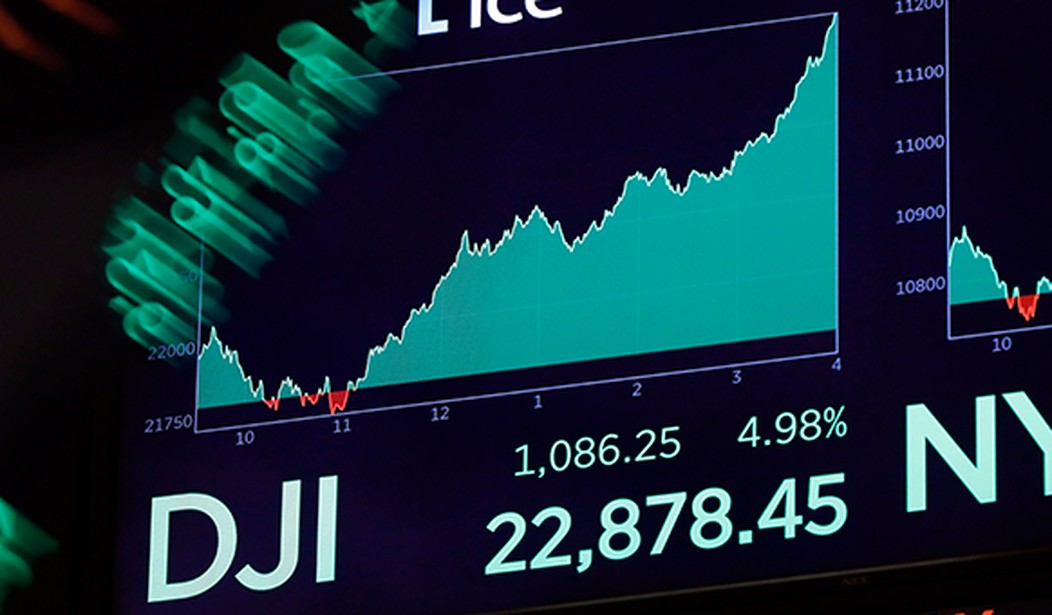If you are an American over 40, the Global Index of Economic Mentality (GIEM) results will shock you. The index measures economic system preferences globally. It identifies what respondents see as the economic underpinnings of an efficient and fair society. In the GIEM results, the views of Americans are notable because they are deeply divided.
Unlike almost every other issue, the dividing line for Americans in the GIEM is not political ideology—it is age. Americans over the age of 40 show a strong bias for free-market features in an economy. These include private ownership, low levels of redistribution of wealth, and individual responsibility. In fact, this group of Americans shows the highest bias for free-market features in the world. Americans under 40 have one of the lowest biases for economic freedom. Data used for the analysis was taken in 2017 and 2018 when the American economy grew faster than it had since 2008.
“When things are good, people don’t think deeply about why they are good,” Brad Lips, CEO of the Atlas Network, observed. It’s unclear how the current economic landscape that includes inflation and persistent supply-chain shortages may influence the views of younger Americans. Many of them lived through the financial crisis and anemic growth of 2008-2016. However, they don’t appear to have connected the dots between reduced regulation, energy independence, a muscular foreign policy, and their own prosperity.
Lips concurred with the idea that Americans coming of age now are facing economic issues not seen in America since the 1970s. “I think it’s the challenge for everyone who cares about free-market principles to use the problems we currently face to help younger people understand the economic policies that lead to the higher prices and shortages America is experiencing,” Lips advised.
Related: Ports Council Chair Warns that Higher Prices Are Here to Stay
He also noted that what many Americans under 40 understand about the European model is not accurate. Sweden, which Senator Bernie Sanders holds up as the model of democratic socialism, actually scores higher overall than the United States for a free-market bias. Lips pointed out that while Sweden has a generous social safety net, its economy is market-based. Swedes broadly enjoy school choice and labor market flexibility with very few regulatory barriers to business formation and market participation.
Instead of being more like Sweden, Americans under 40 have economic system preferences that align with the residents of Columbia, Vietnam, and Albania, according to the GIEM. Just as Americans who escaped the former Soviet Union embrace personal freedom, those under 40 in former Soviet states embrace free-market principles. The highest free-market bias for people under 40 in the GIEM appears in Czechoslovakia, Estonia, New Zealand, Poland, and Georgia.
Lips took a deep dive into these trends in his book, Liberalism and the Free Society in 2021. It explores how the institutions of liberal democracy get tested by trends such as cronyism, pandemic restrictions, and cancel culture. From his research, he observes, “Younger people can take prosperity for granted. Americans under 40 don’t have personal experience with deprivation, danger, or real threats.”
Lips also believes that a generation of parents who sought to shield their children from all physical and emotional risks may have led to a generation that defines things such as microaggressions as genuine threats. So-called “helicopter parenting” may have impaired the ability of those under 40 to deal with the real economic challenges that are looming. He hopes his research and data from GIEM will give younger Americans a deeper understanding of freedom’s uncertain future if these trends do not change.
At the Atlas Network’s annual Liberty Forum, Lips heard stories from activists worldwide who fight for greater economic freedom. He wishes more Americans could listen to their stories. The group includes members from countries such as Venezuela, where improvement requires political change. “Some of these people are putting their lives on the line for the economic freedom Americans enjoy,” Lips observed.










Join the conversation as a VIP Member